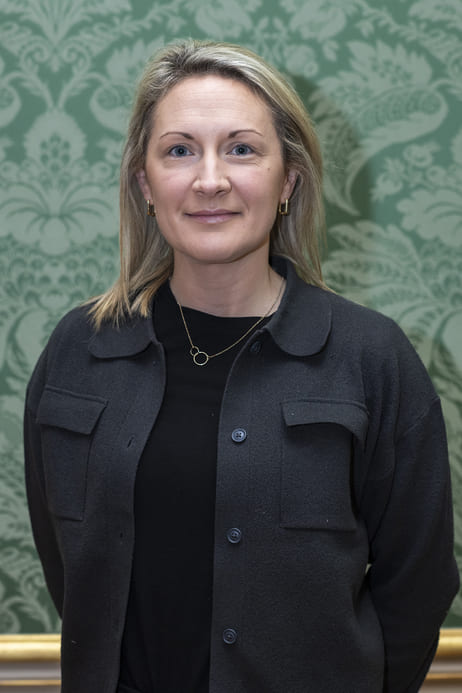Dr. Rebecca Rolfe is a Physiologist specializing in Developmental Biology research that aims to advance the understanding of congenital conditions in which fetal movements are abnormal and apply information gained from developing tissues to design strategies for the repair and regeneration of biological systems. Rebecca’s interests in morphological form and function are central in her research questions.
Dr Rolfe began her studies in physiology, graduating from the Trinity College Dublin (2008). Her interest in Developmental Biology began during her time studying her research masters in Biomedicine in the Institute of child health and Great Ormond Street Hospital, University College London (2010), where she worked on neural and retinal development. She undertook her interdisciplinary doctoral research within the Developmental Biology and Bioengineering groups in Trinity College Dublin, examining the identification of genes that respond to mechanical stimulation, during skeletal development. She then continued this interest in how mechanical stimulation influences spine development during her Leverhulme funded postdoctoral research in the bioengineering department in Imperial College London.
Rebecca’s research has examined the plasticity of the developing musculoskeletal system, investigating how periods of induced mobility following paralysis might lead to improved outcomes for the development of the skeleton. Current research involves investigation of the mechano-regulation of tendon development and apply knowledge from the embyro to enhance the maturation of tissue-engineered tendon constructs via nanoparticle gene delivery. Rebecca is widening this investigation to examine spinal ligaments with work examining the morphological, biomechanical development of these tissues, from embryonic to adolescence, with a keen interest to understand the contribution of these tissues to adolescent idiopathic scoliosis.




